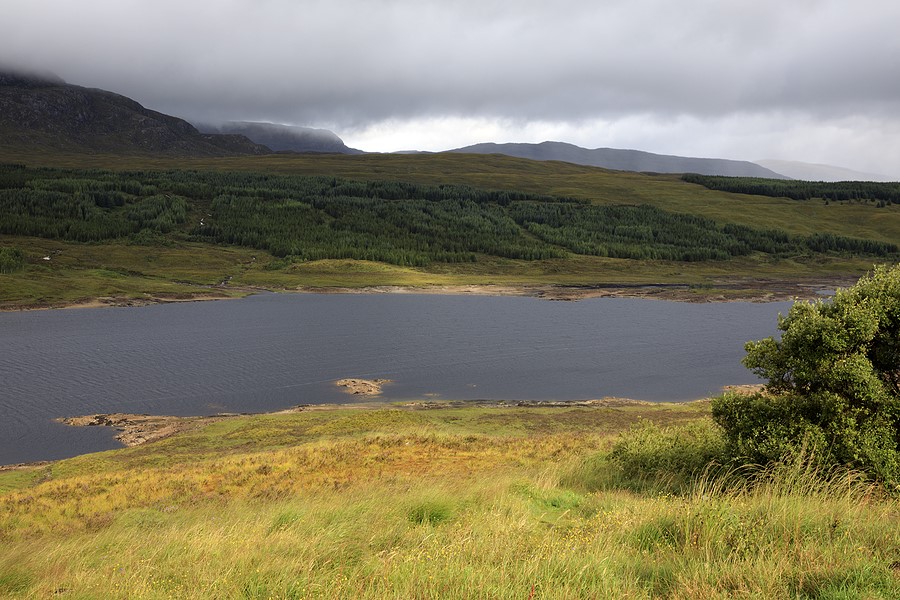News
SEPA Issues Water Scarcity Warning
The Scottish Environment Protection Agency (SEPA) has issued a warning that parts of north-west Scotland, Ayrshire, Clyde, Orkney and the Western Isles are moving to a water scarcity Alert level, with businesses that abstract water all year now being called upon to reduce their water usage.
Below average rainfall was seen around Scotland during June, with ground conditions continuing to dry rapidly over the last few weeks. With a relatively dry spring seen in north and south-western areas, many rivers in the country have had prolonged low flows, as well as depleted water resources.
River levels are low across eastern parts of the country as well, which isn’t unusual for this time of year – but forecasts for low rainfall in the short term means this could well continue, potentially affecting water supplies.
Key industries across Scotland are underpinned by water resources, covering everything from farming and golf course management to food and drink production.
Businesses reliant on private water supplies are already starting to feel the effects of water stress and scarcity, with nearly 4,000 private water supplies providing water to domestic properties or companies.
To help mitigate the impacts of depleted local resources, businesses in the agriculture sector should stagger their abstractions with other operators, as well as reducing the volume of water being abstracted and either switching to other supplies or suspending abstractions where possible.
Chief executive at the SEPA Terry A’Hearn said: “The severity of the water scarcity picture in part of Scotland is further evidence that water scarcity will become more and more prevalent – and is just one of the many consequences of climate change the country faces.
“SEPA’s strategy for tackling this definitive challenge of our time is called ‘one planet prosperity’, focused on helping our communities and businesses thrive within the resources of our one planet.”
The SEPA is now keen to see businesses plan ahead to decide on what actions can be taken to minimise water use and protect supplies in their catchment areas. WHen irrigating land, make sure that equipment isn’t leaking and use trickle irrigation where possible.
All organisations have a role to play in managing the local water environment and being more efficient with water can help save you money, as well as increasing your business’s resilience to the impacts of climate change.
Global warming will bring with it more uncertainty throughout the year, putting pressure on water resources around the country that may not have experienced stress and scarcity before.
Keeping up with the SEPA’s weekly water report (which is published between May and September) could prove particularly useful and you can work alongside the organisation to help reduce the possible impacts for your business.
Do you want to find out more about sustainable water development? Get in touch with the team here at H2o Building Services today.
